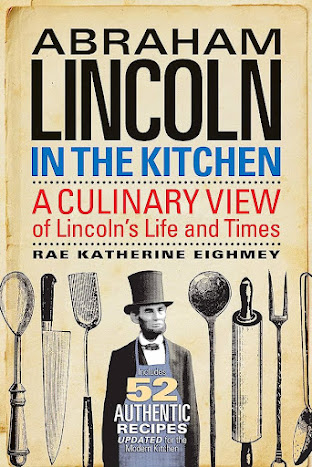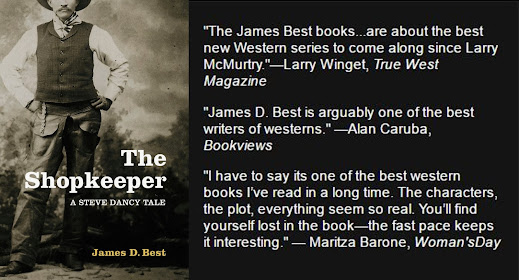Thomas B. Allen & Rodger MacBride
Long title and a bit of a misnomer because this book also deals with the Confederate States of America's use of technology. Granted, the Confederacy was limited by their scarce industrial capability, but they focused what they had on their navy, including the first ironclad in combat and the first submarine. Both were effective when let out of the barn, but neither lasted much beyond their first engagement. That’s the way it goes with military innovation; failures often precede a workable design.
Most people view the American Civil War as a series of bloody battles fought with muskets and cannons. It all looks so backward from a modern perspective. In truth, the American Civil War changed warfare dramatically through the use of technology. Prior to the Civil War, Napoleon defined combat strategy and almost every senior officer on either side of the Civil War received their education at West Point which was steeped in the Napoleonic principles of warfare. These principles did not last long into the war. Dahlberg cannons, rifled cannon, rifled shoulder weapons, repeating rifles, repeating pistols, trench warfare, instant telegraph communication, railroads, steam-powered warships, iron clads, turret mounted cannons, submarines, primitive but effective stealth techniques, and ammunition advances made Napoleonic strategies as obsolete as battleships in WWII. These advances in technology were so important that every world power sent military observers to watch how both Union and Rebel forces adjusted to the new weapons.
 |
| First submarine |
A quick example of how technology changed strategy. For centuries naval warships focused on positioning the ship to deliver a broadside where all the cannons on one side could be brought to bear. Usually, the ship dropped its sails to stay in position, offering a static target. With stream power, warships could circle, thus presenting a moving target and using the cannons on both sides of the ship. A steam engine double the number of usable cannons while defensively making the ship harder to hit.
Mr. Lincoln’s High-Tech War is a short, fast moving book that concentrates on a single aspect of the war. It is filled with illustrations and sidebars which keeps the reader’s interest and help the narrative run smoothly. This National Geographic book is a well-written book with high production values. Mr. Lincoln’s High-Tech War is supposedly targeted at middle-school age children, but anyone interested in the Civil War or the technology of warfare will find it informative.







.jpg)












.jpg)




